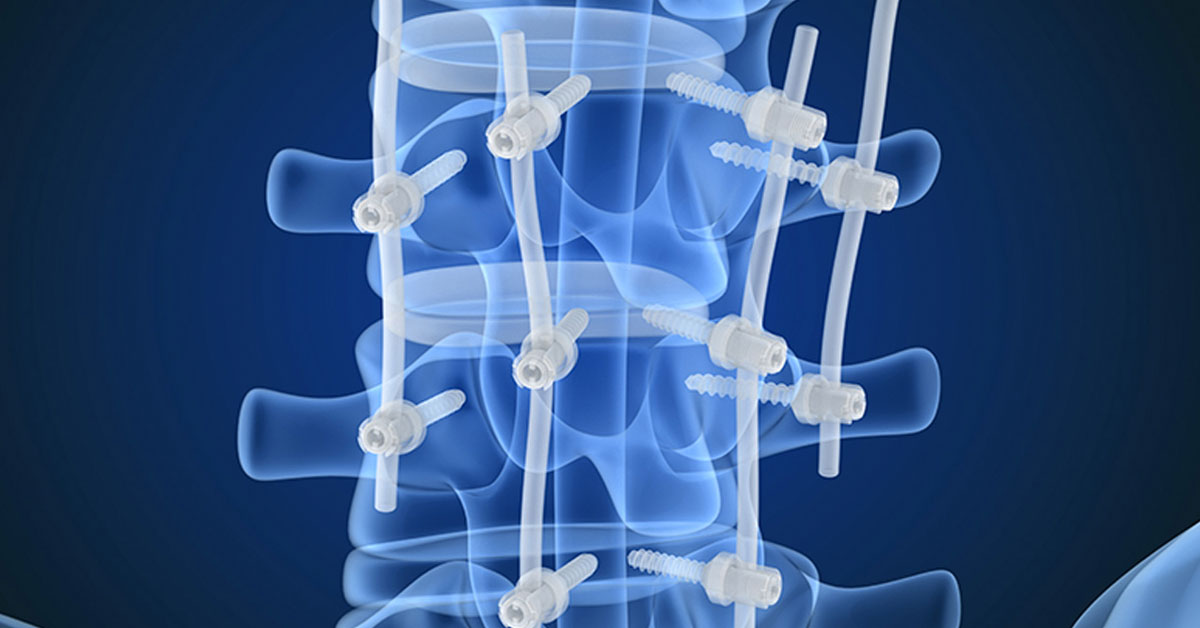
Lumbar spine surgery is a specialized procedure aimed at addressing various conditions affecting the lower back, including herniated discs, spinal stenosis, and degenerative disc disease. The lumbar spine, or lower back, is a critical area that supports much of the body's weight and facilitates movement. When non-surgical treatments like physical therapy and medications fail to provide relief, lumbar spine surgery may be necessary to restore function and alleviate pain.
There are several types of lumbar spine surgeries, depending on the condition being treated. Discectomy, a procedure to remove part or all of a herniated disc, is commonly performed to relieve pressure on the spinal nerves. Spinal fusion surgery may be required when there is instability in the spine, where two or more vertebrae are fused together to provide stability. Another common procedure is laminectomy, where a portion of the vertebra (lamina) is removed to widen the spinal canal and relieve pressure on the nerves.
Modern lumbar spine surgery often uses minimally invasive techniques, such as laparoscopic procedures, to reduce the size of incisions, minimize muscle damage, and shorten recovery times. Advanced imaging techniques like CT scans and MRI are used to guide the surgeon during the procedure, ensuring precise targeting of the affected areas. Robotic-assisted surgery is also becoming increasingly common, offering greater accuracy and improved outcomes.
Recovery from lumbar spine surgery typically involves a combination of rest, pain management, and physical therapy to restore strength and flexibility. Patients are usually encouraged to begin moving as soon as possible to promote healing and prevent complications. While the initial recovery period may take a few weeks, most individuals can expect a full recovery within 3 to 6 months, depending on the severity of the condition and the specific surgery performed.
Lumbar spine surgery can provide significant relief for individuals suffering from chronic back pain, improving their mobility and quality of life. With advancements in surgical techniques and post-operative care, patients can expect excellent outcomes. Consulting with a qualified orthopedic or neurosurgeon is crucial to determine the best course of action for your specific spine condition and ensure a successful recovery.